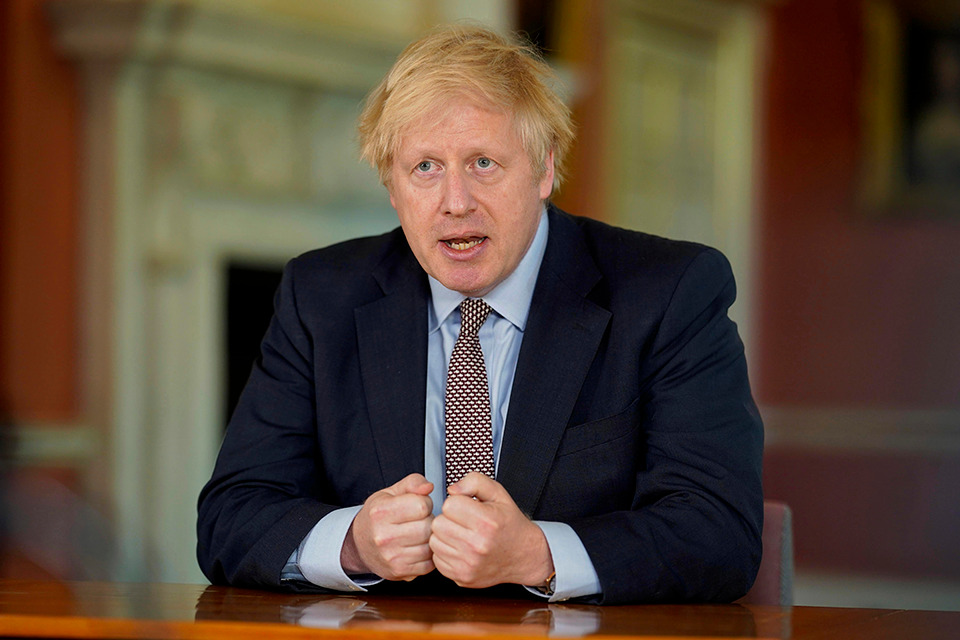Prime Minister Boris Johnson has announced that he will issue an energy strategy in the coming days in response to the volatility of gas and power prices seen following the Russian invasion of Ukraine.
Speaking at a press conference alongside Dutch Prime Minister Mark Rutte and Canadian Prime Minister Justin Trudeau on Monday 7 March, Johnson said the UK needed to move away from Russian hydrocarbons.
“I’m going to be setting out an energy strategy, and an energy supply strategy for the country in the days ahead, so that people have a sense of how we’re going to meet people’s needs over the short, medium and long term,” he said.
The UK will do everything it can to ensure that it has “substitutes and substitute supply” Johnson said, including looking at the possibility of using more of its own hydrocarbons. This does not mean moving away from the country’s commitment to reduce CO2 emissions however, he added, with the country still targeting net zero by 2050.
“You can do that, but we’ve got to reflect the reality that there is a crunch on at the moment,” Johnson told reporters. “We need to intensify our self-reliance as a transition with more hydrocarbons, but what we also need to do, is go for more nuclear and much more use of renewable energy.”
The comments were made as the impact of Russia’s invasion of Ukraine pushed European gas prices to just over 800p per therm on Monday, more than 18 times the cost of gas just the year before.
It follows the UK gas price hitting a record high of 500p a therm on 4 March, up from around 40p last year.
The UK is not significantly dependent on Russian imports with just 3-4% of UK gas consumption coming from the country, but given it is the second biggest producer in the world, Russia has a significant impact on the international market.
As such, gas prices – and by extension electricity prices – have become increasingly volatile over the past two weeks. This has led to predictions that the price cap in the UK could jump by a further 50% for the coming winter period, hitting £3,000 and pushing millions into fuel poverty.
This follows a 54% jump in power prices from April, on the back of European gas shortages which began to pinch towards the end of 2021. The strain created by this shortage and the consequent high power prices led to 27 suppliers shuttering and Bulb entering special measures last year, and has continued into 2022 with three suppliers having already collapsed.
The gas and power price volatility has seemingly reawakened the debate in the UK around fracking, with a group of MPs from the Conservative Net Zero Scrutiny Group publishing an open letter in the Sunday Telegraph calling for the controversial hydraulic fracturing process to be pursued to increase energy security through self-production.
A study by the Energy and Climate Intelligence Unit in January however found that just 8% of the British public saw fracking as the long-term solution for high gas prices. By comparison, 51% of respondents supported decreasing Britain’s reliance on gas through either more renewables or insulation.
Johnson’s comments follow energy secretary Kwasi Kwarteng pointing to nuclear and renewables, along with energy efficiency as key to protect the UK from skyrocketing power prices last week.
“The wholesale price of gas has *quadrupled* in UK and Europe,” he wrote in a Twitter thread. “Additional UK production won’t materially affect the wholesale market price.
“This includes fracking – UK producers won’t sell shale gas to UK consumers below the market price. They’re not charities.”






